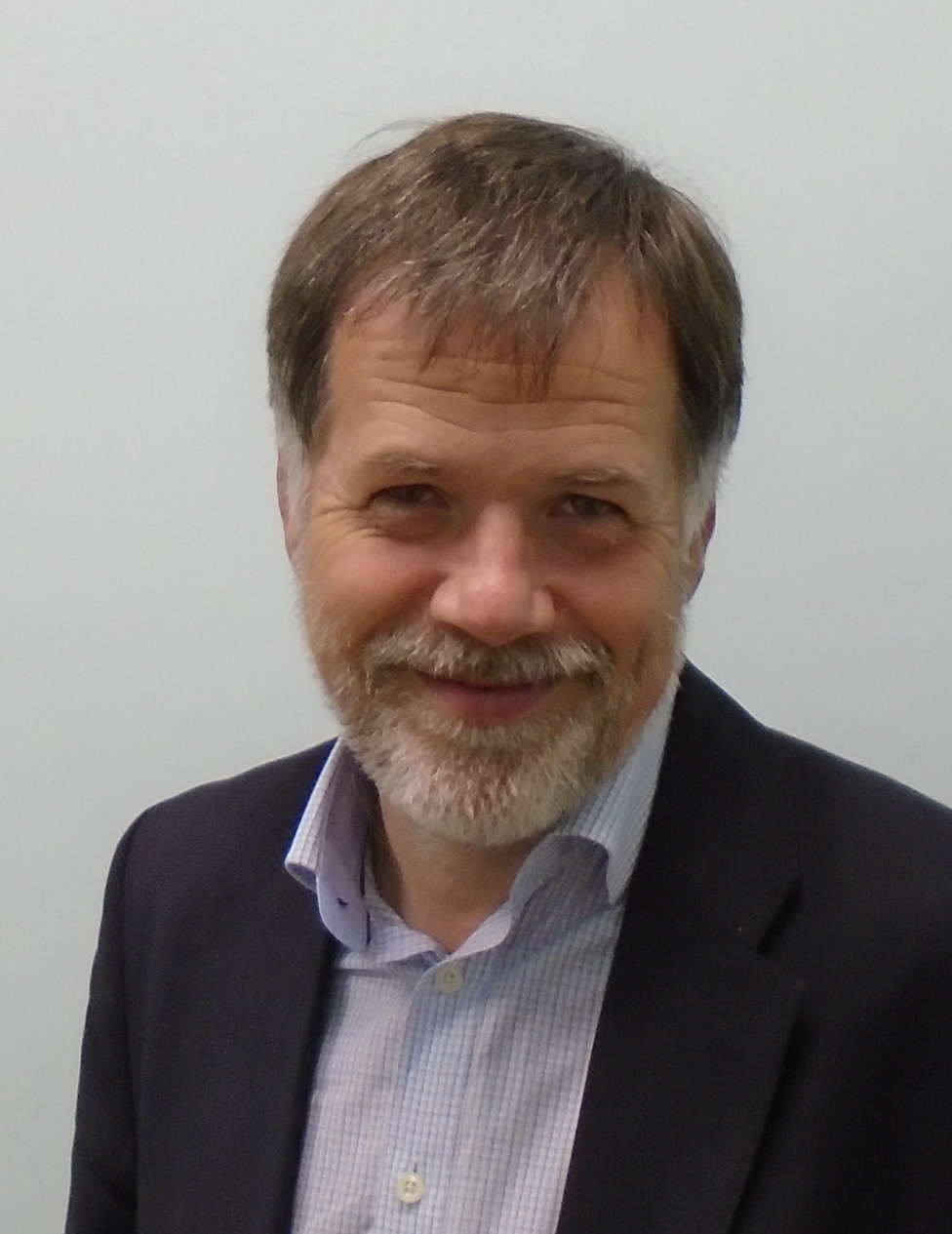Two Highland GPs have joined MSP Rhoda Grant for a meeting in Holyrood with Health Secretary Jeane Freeman.
Mrs Grant, Dingwall GP Miles Mack and Inverness GP Phil Wilson, also a Professor of Primary Care and Rural Health at the University of Aberdeen, outlined their concerns for rural and remote practices under the new GP Contract.
Mrs Grant asked Ms Freeman for the face-to-face meeting and was grateful for the opportunity to outline key issues which other GPs across the Highlands and Islands had also raised with her and with her Labour colleague David Stewart.
The GPs used Caithness facts and figures to outline the problems, stressing that five of the 11 permanent GPs in the area were almost certain to retire because of age in the next five years.
In Caithness, since 2004, almost half of all permanent GPs posts have been vacated with partial replacement with short term locum provision. Three practices have ceased to be independent contractors and have been taken over by NHS Highland.
There were also general concerns about the capacity for under-graduate teaching and the effect on retention and recruitment of GPs in remote areas.
GPs have told the MSPs that the new Contract fails to recognise the unique workload in rural areas where surgeries deal with a far greater range of medical problems – including emergencies that would be dealt with in hospitals in urban areas.
“The main concern is that what’s on the table with the new Contract is an urban model and this just doesn’t suit remote and rural areas,” explained Mrs Grant, who represents the Highlands and Islands.
“GPs are worried it will cause poor continuity of care for patients and that procedures, currently performed at surgeries, are being centralised – for instance for blood tests or vaccinations. This will inevitably inconvenience patients and worsen health outcomes by raising barriers to care.
“The contract states that other health care professionals will be employed to deal with these extra tasks but with rural GP posts remaining unfilled, and shortages of nurses in many areas, how can we expect to find these extra people in our out of the way places?
“There must be flexibility for GPs to retain the old system of care. The new contract’s funding formula has been based, under this new system, on the number of appointments and does not take account of issues in rural areas such as patient and doctor travel.
“GPs in our region cannot wait for another three years to see some movement on this and I’m hopeful that the Health Secretary will find a suitable way forward.”
Prof Wilson added: “We were able to discuss some of the key issues about general practice in rural areas, particularly the loss of permanent GP posts.
“This is a central issue because losing local GPs and replacing them with a range of other practitioners is both expensive for the NHS and deeply unsatisfying for patients.
“Loss of continuity of GP care is also damaging to patients’ health: there is now good evidence that this leads to worsening mortality statistics and it may underlie some of the worrying premature death rate trends recently seen in several rural areas of Scotland.”
At the meeting Ms Freeman said she had “genuinely taken the issues seriously” and discussion would continue with colleagues. Mrs Grant was promised an update in two months.


